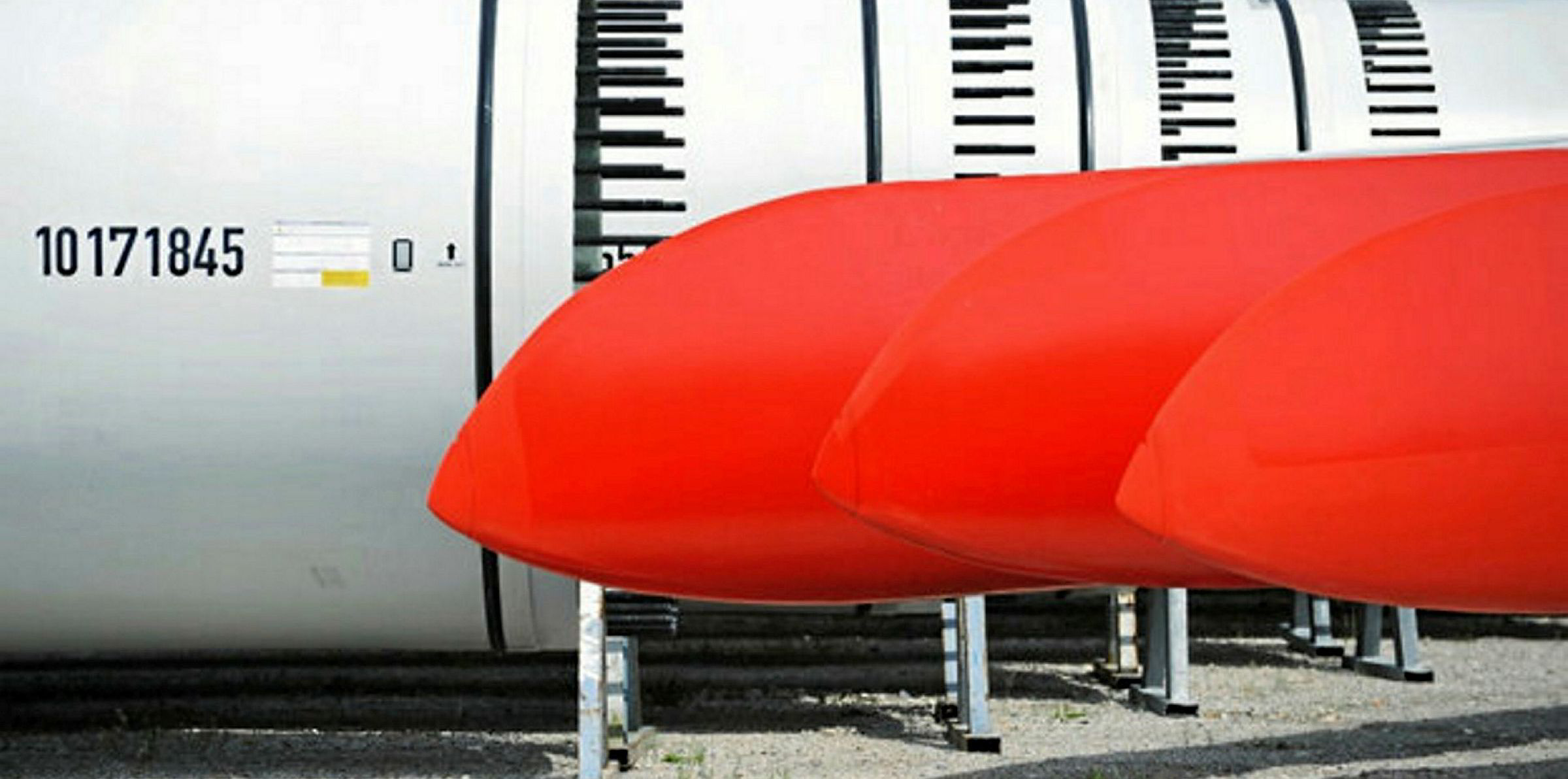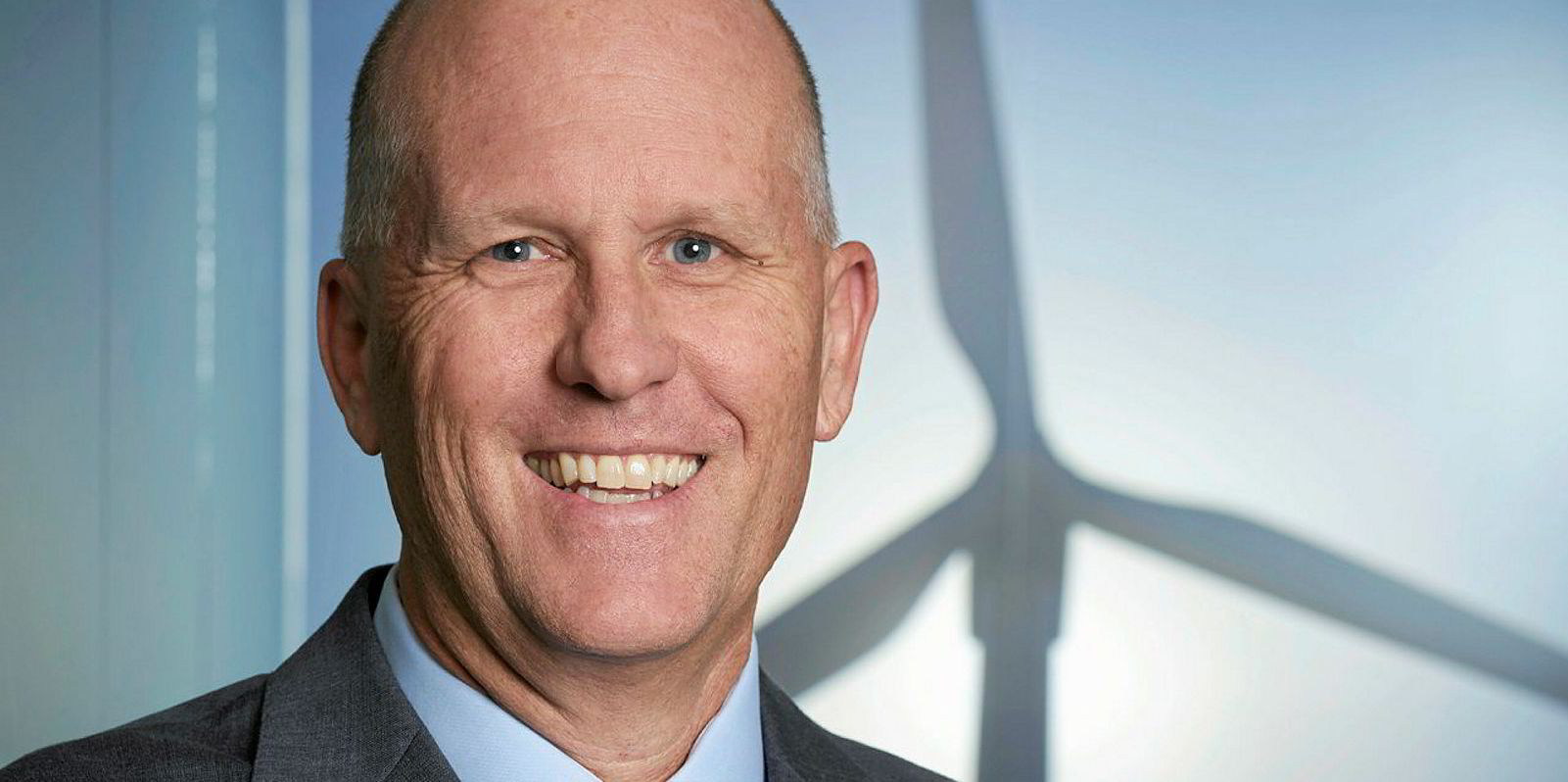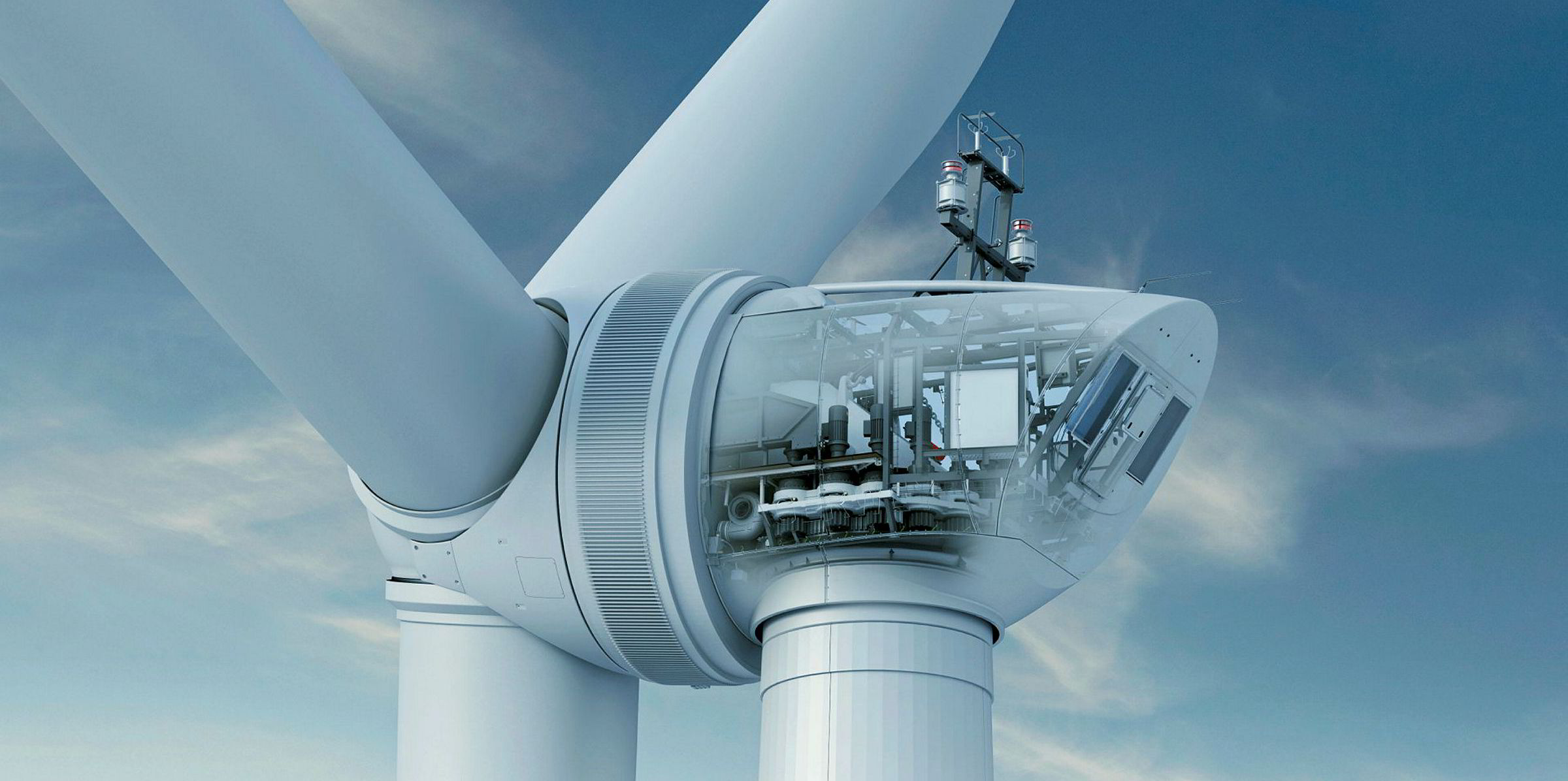Shares in wind blade-maker TPI Composites plunged by a quarter, as it delayed a financial update to investors amid market uncertainties and flagged the impact of an “arms race” between its OEM customers.
US-based TPI – the world’s only major independent blade-maker serving global markets – postponed a planned investor day scheduled for 15 November, saying it can’t lock down its forecasts for 2020 until its major wind turbine customers sort out their own plans.
Third-quarter results released on Wednesday saw net sales grow 50% to $384m, but transition and start-up costs contributed to a $4.6m net loss, reversing a year-earlier $9.5m profit. The shares closed 25.5% lower at $16.12 on the Nasdaq stock exchange on Thursday, down by about half on its 52-week high point.
In a conference call with financial analysts, the Arizona-based company’s CEO Steve Lockard said factors including the rapid pace of product development by the OEMs, requiring blade model ‘transitions’, and uncertainty about what, and how many, turbines will be needed for the US from 2021, are clouding visibility.
And like the whole wind supply chain, the blade-maker is feeling the backdraft of a race by turbine-makers to reduce costs and win market share with new machines that can cut levelised cost of energy.
“There’s a bit of an arms race going on. The pace of that race is accelerating,” Lockard said. “That’s the environment that our customers are operating in. It’s happening perhaps faster than any of us expected.”
The blade-maker’s CEO said of the current wind market: “It’s a price-competitive landscape … If one [OEM] introduces a model that lowers price per kilowatt hour and the others don’t, they lose share. There’s pressure.”
TPI said it's having to undertake more transitions to “longer and in some cases modular blades to keep pace and grow our position in the market”.
Lockard said the company is also still working with customers on their requirements after the huge bulge in deliveries they’ve requested by the end of Q3 2020, allowing projects to complete by year-end and claim the full value of the federal production tax credit (PTC). That’s made it tough for TPI to predict what its own fourth quarter next year will look like, hampering efforts to offer guidance for 2020 as a whole.
“As our industry prepares in the US for a post-PTC world, there’s a lot of work being done on what those products are, and when they get introduced.”
The market pressures come as TPI undertakes a big investment to ramp-up its global production base that spans the US, Mexico, China, Turkey and soon India, where it will supply Vestas from a new plant in Chennai.
That’s designed to propel TPI Composites to a 18GW global capacity and a 20% share of the wind blade market.
The company is bullish about the medium to long-term prospects for the wind industry and its own business, pointing to wind's increasing competitiveness against coal and even gas, and massive planned volumes seen around the world.
Lockard said: “The fundamentals of our business remain strong. We’re not going to compromise our medium- to long-term mission just to optimise Ebitda [operating profit] in the short term.”



